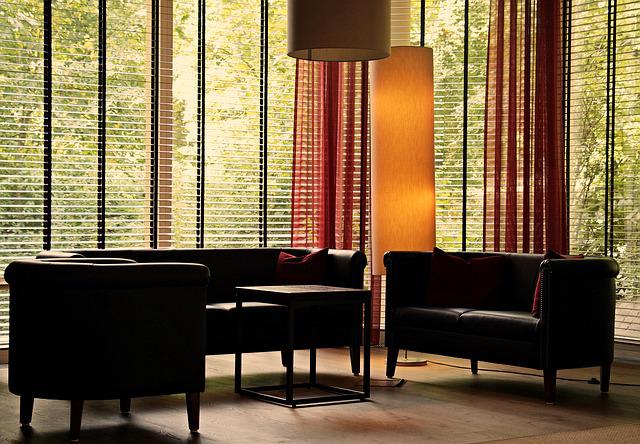When choosing blinds for your property there are a number of different factors to consider. These include the visual design and the functionality. But one important factor you should consider is the suitability of your blinds for the installation location. Blinds in bathrooms and kitchens for example will need to be resistant to mould growth. So what should you consider when choosing blinds that won’t go mouldy? And how can you prevent mould growth on your blinds?
What are the important considerations when choosing blinds that won’t go mouldy?
There are a range of considerations to bear in mind when it comes to choosing the right blinds for wet environments where mould may be a problem. These considerations include:
- The blind materials
- The finish of the blinds
- The location of the blinds
The blind materials
One of the first factors to consider when choosing blinds that will be resistant to mould growth is choosing the material type. Some types of materials are more susceptible to mould growth than others, and as a result, it’s important to choose the material type that will resist moisture. Moisture allows mould to develop, and materials like aluminium, vinyl and faux wood can be very effective for resisting moisture and mould problems.
The finish of the blinds
As well as the material itself, the finish of the blinds can also play a role in resisting the growth of mould. There are a range of blinds available, in various styles and designs, that offer a moisture-resistant or waterproof finish. The waterproof finish is very helpful as this can create a barrier that stops moisture from damaging the material, and prevents mould from growing. As such, looking for blinds with this type of finish can widen your choice of blind styles, and can help you choose a blind that will also complement your interior design style, while offering this increased protection.
The location of the blinds
Finally, you should also consider the installation location of your blinds, as rooms with high levels of humidity, like bathrooms or kitchens, will be more susceptible to moisture damage and mould growth. Choosing blinds made from PVC or aluminium for these rooms can be very beneficial as these are moisture resistant and often designed for high moisture environments.
Preventing mould on blinds
There are a number of steps you can take to prevent mould from developing on your blinds. These include:
- Ventilation- good ventilation means that there will be adequate air flow around your blind and between any slats, which can help to dry out any moisture and prevent mould growth.
- Cleaning and maintenance- cleaning your blinds regularly can be an important step for preventing mould growth as this means that the conditions for mould growth are constantly removed.
Here at The Blinds Mart, we are Southport’s leading experts when it comes to blinds and shutters, so why not get in touch today to find out how we can help you choose the right blinds for your property?


